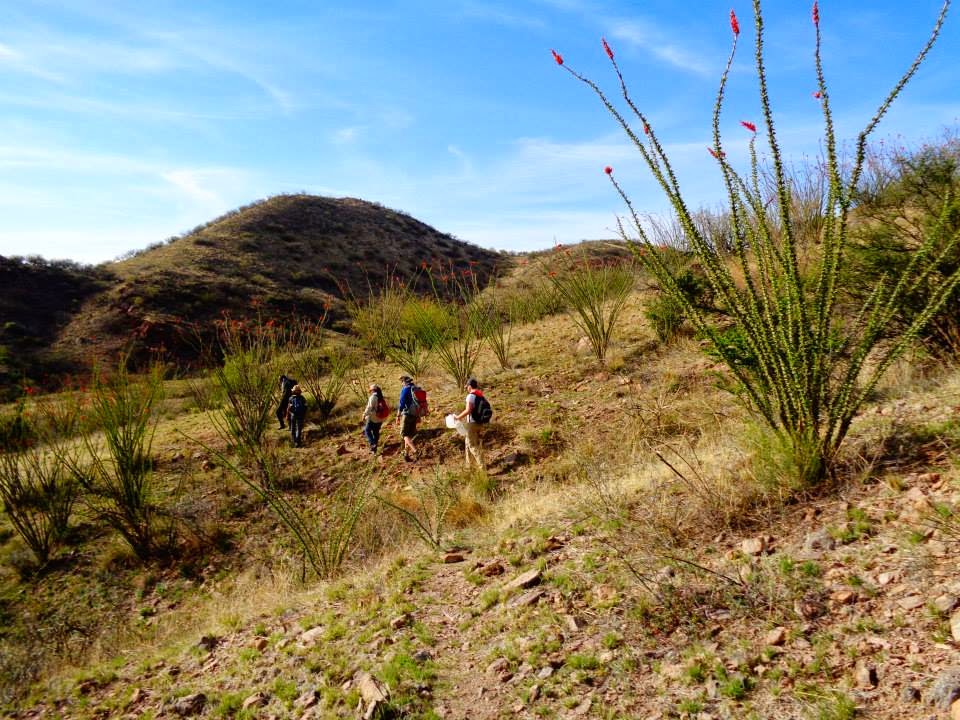Confronting Unjust Immigration and Border Policies in the Arizona Desert

This piece was written by Emma Scott and I as a reflection after a week in the desert with " No More Deaths " on the U.S.-Mexican border. “There is nowhere on Earth like the place where we work. It is beautiful beyond telling: harsh, vast, mountainous, remote, rugged, unforgiving, every cliché you can think of and more. I have been humbled countless times by the incredible selflessness and courage of the people that I have met there, and I have been driven nearly out of my head with rage at the utterly heartless economic and political system that drives people to such lengths in order to provide for their families.” – No More Deaths Volunteer This Spring Break, eight Harvard Law students and clinicians travelled to the U.S.-Mexico border to do humanitarian work with No More Deaths. When we signed up, we knew the operation was contentious. We glossed over the details with our parents and felt the need to justify the work we would be doing to our law